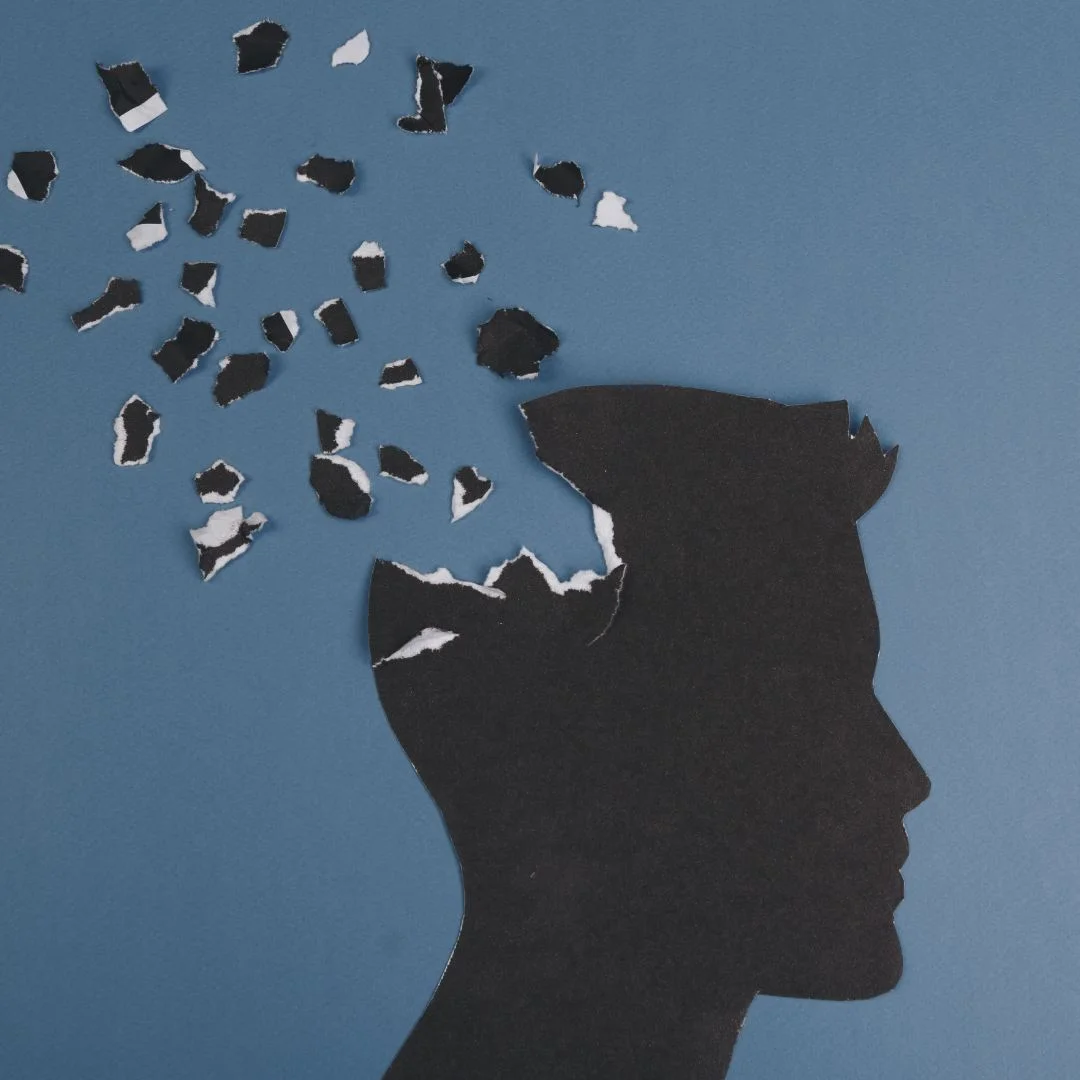Schizophrenia: Causes and Myths

What is Schizophrenia?
Schizophrenia is a serious and chronic mental illness that affects roughly 1 in 300 people worldwide.
During schizophrenia, a person’s perception of reality becomes skewed because certain parts of their brain aren’t working like they should. Hearing voices, seeing things that aren’t there, paranoia about being followed or attacked — these are some of the most common symptoms faced by someone who has schizophrenia.
The condition affects everyone differently. Some are able to lead full, independent lives through therapy and medication, while those who are misdiagnosed or don’t get treated aren’t able to cope as well.
One of the biggest challenges with schizophrenia is the lack of insight it grants to a person with the condition. Since the symptoms of schizophrenia (hallucinations, delusions, etc.) feel very real to the people experiencing them, these people are often unable to realise there’s something wrong with them and that they should talk to someone about it, let alone accept they need help. This is one of the main reasons why discrimination and violation of human rights are very common among people with schizophrenia.
And even once such people do get help, sticking to that treatment becomes difficult because they don’t see the point in taking medication or seeing a psychiatrist for something that is clearly happening to them in real life (even though, in reality, it is only happening in their mind).
This is where the right support network (doctors, psychiatrists, family, friends) becomes crucial in managing this severe condition.
What causes Schizophrenia?
We still don’t know the exact cause of schizophrenia. That said, researchers have pinpointed certain factors that definitely play a role in increasing the chances of people getting schizophrenia:
Family History / Genetics
Genetics play a major role in the likelihood of someone developing schizophrenia. So iIf someone in your immediate family has or had it, especially one of your parents or a sibling, the chances of you getting it are more than 6 times higher than someone without a family history. That said, over 80% of people with schizophrenia do not have any family members who also have the condition.
Biological Factors / Brain Chemistry
Schizophrenia can be linked to problems with how certain chemicals in the brain work. These chemicals i.e. neurotransmitters help brain cells communicate with each other. In people with schizophrenia, these neurotransmitters aren’t properly regulated, leading to changes in thinking and behaviour.
Environmental Factors
Among the general population, schizophrenia tends to emerge more frequently during periods of hormonal and physical changes, such as adolescence and early adulthood. Viral infections, marijuana use, smoking, childhood trauma, malnutrition, vitamin D deficiency, challenges in social cognition, and lower intelligence quotient can also trigger schizophrenia in individuals with a genetic predisposition.
Neurodevelopmental Factors
Sometimes, how the brain grows and develops can affect the chances of getting schizophrenia. Things like infections or stress during pregnancy, or not getting the right nutrients, can affect how a baby’s brain grows. This might increase the risk of developing schizophrenia later in life. Also, problems with learning or social skills during childhood could be linked to schizophrenia when a person gets older.
Schizophrenia – Myths vs Facts
Myths run rife when it comes to schizophrenia. In fact, the myths surrounding schizophrenia are so deeply entrenched in society that they have been a major contributor to the condition being as feared and misunderstood as it is.
Let’s dispel these myths so that people suffering from schizophrenia stand a better chance of managing their condition and enjoying some semblance of a normal life.
| MYTH | FACT |
| Schizophrenia means having multiple personalities. | Schizophrenia is not the same as dissociative identity disorder (DID), commonly known as multiple personality disorder. Schizophrenia is a severe mental illness characterised by distortions in thinking, perception, emotions, and behaviour. |
| People with schizophrenia cannot hold down jobs or live independently. | Many individuals with schizophrenia can work, attend school, and live independently with the appropriate support, treatment, and accommodations. |
| Schizophrenia is caused by bad parenting or family problems. | The causes of schizophrenia are complex and involve a combination of genetic, environmental, and neurochemical factors. Family dynamics alone do not cause schizophrenia. |
| People with schizophrenia are violent and dangerous. | Most individuals with schizophrenia are not violent. They are more likely to harm themselves or be victims of violence than to harm others. |
| Schizophrenia is untreatable. | While there is no cure for schizophrenia, it is a treatable condition. With the right medication, therapy, and support, many people with schizophrenia can lead fulfilling lives. |
Anuroop Pokhriyal
Table of Contents
You might also like:

